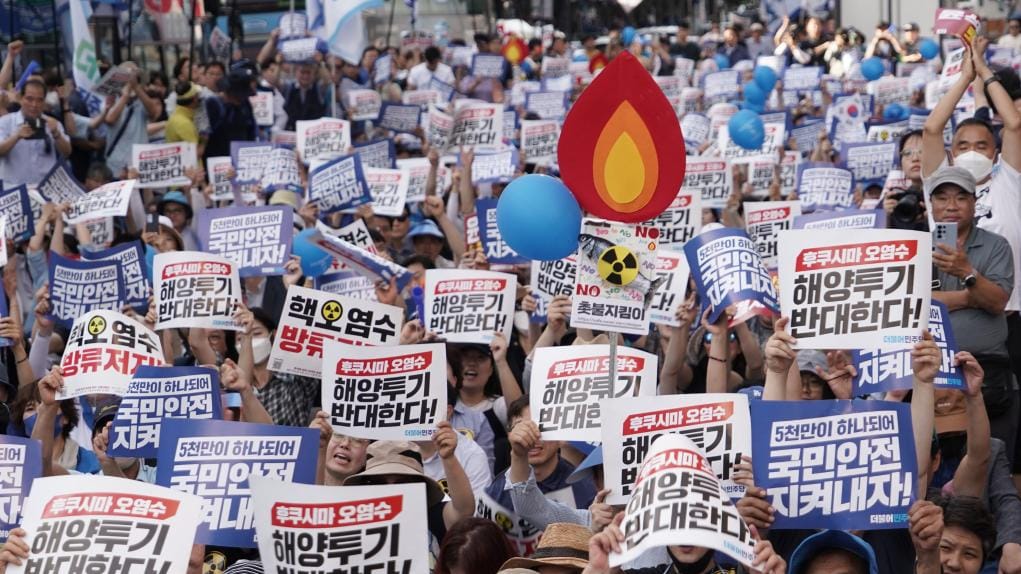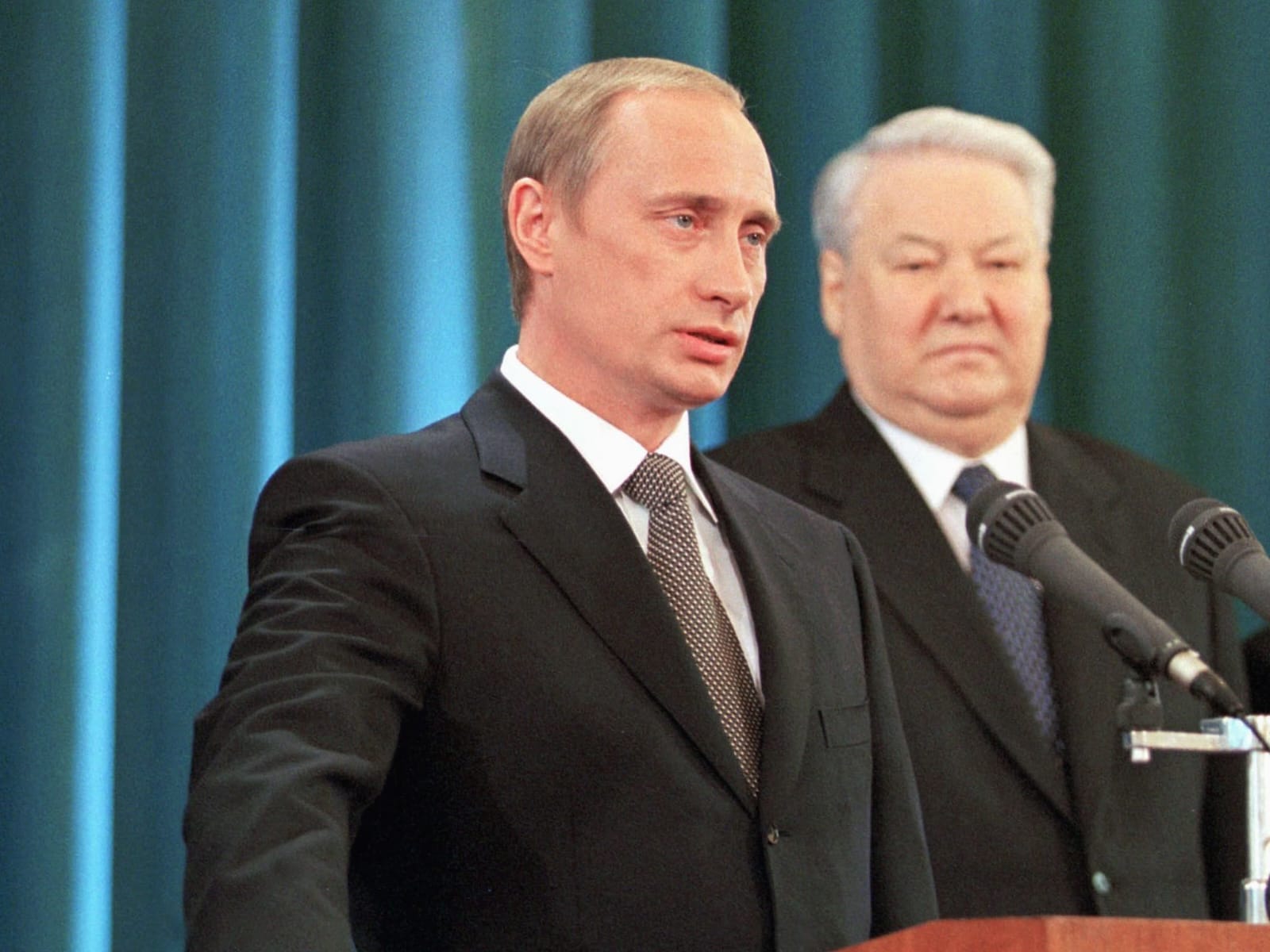In a resolute move to safeguard environmental integrity and human rights, on 10 August South Korea’s opposition Democratic Party has declared its intent to submit a letter of protest to the United Nations Human Rights Council against Japan’s controversial scheme to release radioactive wastewater into the ocean. The party’s chief, Lee Jae-myung, along with Woo Won-shik, head of the party’s prevention committee, took part in a solemn signing ceremony for the allegation letter. This decision comes in the wake of growing concerns both domestically and internationally over Japan’s plan to discharge nuclear-contaminated water from the Fukushima Daiichi nuclear power plant, a site scarred by the cataclysmic events of 2011.
Concerns Echoed on the International Stage
The opposition’s protest finds resonance across borders as it seeks to involve the United Nations in this contentious issue. The Democratic Party has set its sights on the UN special rapporteurs on toxics, human rights, environment, and the right to food to address its apprehensions. By gathering additional support from civil society, the party aims to elevate its voice and articulate the collective concerns about the implications of releasing radioactive wastewater into the marine ecosystem.
Violating Rights and Safety Standards
In its carefully crafted letter, the Democratic Party underscores the potential violation of fundamental human rights conventions and established scientific safety benchmarks by Japan’s proposed action. With a determined stance, the party contends that such a move would not only imperil the marine environment but also compromise the well-being of generations to come. The letter emphasizes the necessity of considering alternatives that adhere to stringent safety criteria, reflecting a sentiment echoed by environmentalists and rights advocates worldwide.
The Fukushima Legacy and Global Scrutiny
At the heart of this escalating controversy lies the Fukushima Daiichi nuclear power plant, a site haunted by the memories of the devastating earthquake and tsunami of March 2011. With international attention trained on Japan’s intentions, the government’s persistent push to proceed with the discharge remains under intense scrutiny. The widespread criticism, both within Japan and beyond, highlights the gravity of the issue and its potential ramifications for the environment, human rights, and international relations.
With the Democratic Party’s steadfast protest letter poised for submission, a new chapter unfolds in the ongoing saga of Japan’s radioactive wastewater discharge plan. As concerns amplify and global attention sharpens, the intersection of environmental ethics, human rights, and safety standards takes center stage. The party’s resolute action adds its voice to a growing chorus demanding meticulous consideration of the consequences and exploration of safer alternatives. The outcome of this clash between policy, science, and morality remains a pivotal point of interest for the world community.
















